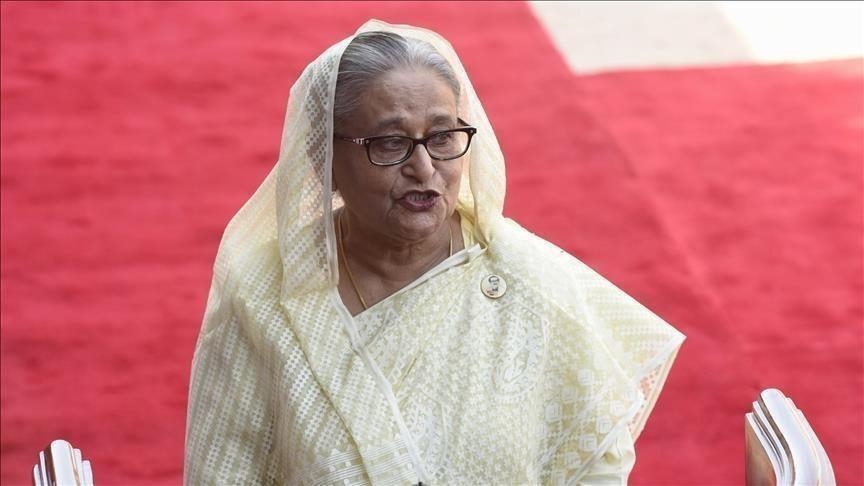DHAKA ( WNAM MONITORING): Bangladesh expressed unease to India on Monday over New Delhi hosting its ousted Prime Minister Sheikh Hasina, according to an official statement from Dhaka.
“Our people are concerned because she is making many statements from there, which creates tensions,” said Muhammad Yunus, head of Bangladesh’s transitional government. Yunus was addressing Indian Foreign Secretary Vikram Misri during India’s first high-level visit to Dhaka since the transitional government was formed in August, when Hasina fled to New Delhi.
According to a statement released by Yunus’ media team, he also told Misri that Bangladesh-India relations were “very solid” and “close,” asking New Delhi to help clear the “clouds” over their ties.
During his visit, Misri was also hosted by Bangladesh’s Mohammad Touhid Hossain, Yunus’ foreign affairs adviser.
The Bangladeshi side urged New Delhi to take “visible and effective” measures to end killings — mostly due to cattle smuggling — along the two countries’ long mutual border and to “ensure uninterrupted supply of our daily necessities,” from India, according to Bangladeshi Foreign Ministry.
The two nations share a 4,096-kilometer (2,545-mile) land border, one of the longest in the world.
According to Ain-o-Salish Kendra, a local human rights organization, at least 22 Bangladeshi were killed and 22 others injured between January and October this year.
For his part, Misri emphasized India’s commitment to a “positive, constructive and mutually beneficial relationship with Bangladesh,” telling reporters that there was no reason “why this mutually beneficial cooperation should not continue to deliver in the interests of both our peoples.”
He expressed India’s willingness to work closely with Bangladesh’s interim government and stressed the importance of mutual trust, respect, and sensitivity to each other’s concerns, according to the Indian Foreign Ministry.
Highlighting that the two countries’ peoples are “the main stakeholders in India-Bangladesh relations,” Misri pointed to India’s development cooperation with Bangladesh in connectivity, trade, power, energy, and capacity building as efforts aimed at benefiting the Bangladeshi people.
However, Bangladeshi Foreign Secretary Md Jasim Uddin raised concerns about “propaganda in the Indian media regarding the alleged hostile treatment of minorities in Bangladesh.”
“This is our internal matter and it is not appropriate for other countries to comment on our internal matters,” he said, urging India to extend the same respect that Bangladesh maintains by not interfering in the domestic affairs of other nations.
Relations between Dhaka and New Delhi remain at a critical juncture since Hasina fled to India and the Yunus-led transitional government assumed office on Aug. 8.


